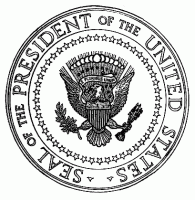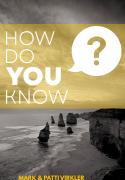
ex·ec·u·tive or·der
Noun:
A rule or order issued by the president to an executive branch of the government
and having the force of law.
“On the very first day I will sign an executive order...”
© 2011 by Mrs. Juli Iles
Samuel Adams said, “The liberties of our country, the freedom of our civil Constitution, are worth defending at all hazards; and it is our duty to defend them against all attacks. We have received them as a fair inheritance from our worthy ancestors: they purchased them for us with toil and danger and expense of treasure and blood, and transmitted them to us with care and diligence. It will bring an everlasting mark of infamy on the present generation, enlightened as it is, if we should suffer them to be wrested from us by violence without a struggle, or to be cheated out of them by the artifices of false and designing men.”
We all know that our government has problems...and a lot of them. We all agree that these problems need to be solved. The question is: How? Is the most expedient way necessarily the best way, or does it set a precedent which could lead to gross misuse of power? Many promises are made on the campaign trail, in the heat of the moment, with the terminology of the day, but when the dust settles what is at the heart of the politician?
If you read Article III of the Constitution, which outlines the Executive Branch, you will not see the term “Executive Order” in it. What we now call Executive Orders were only named in 1907 when...[Click to Continue Reading]












Add new comment